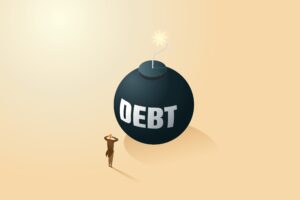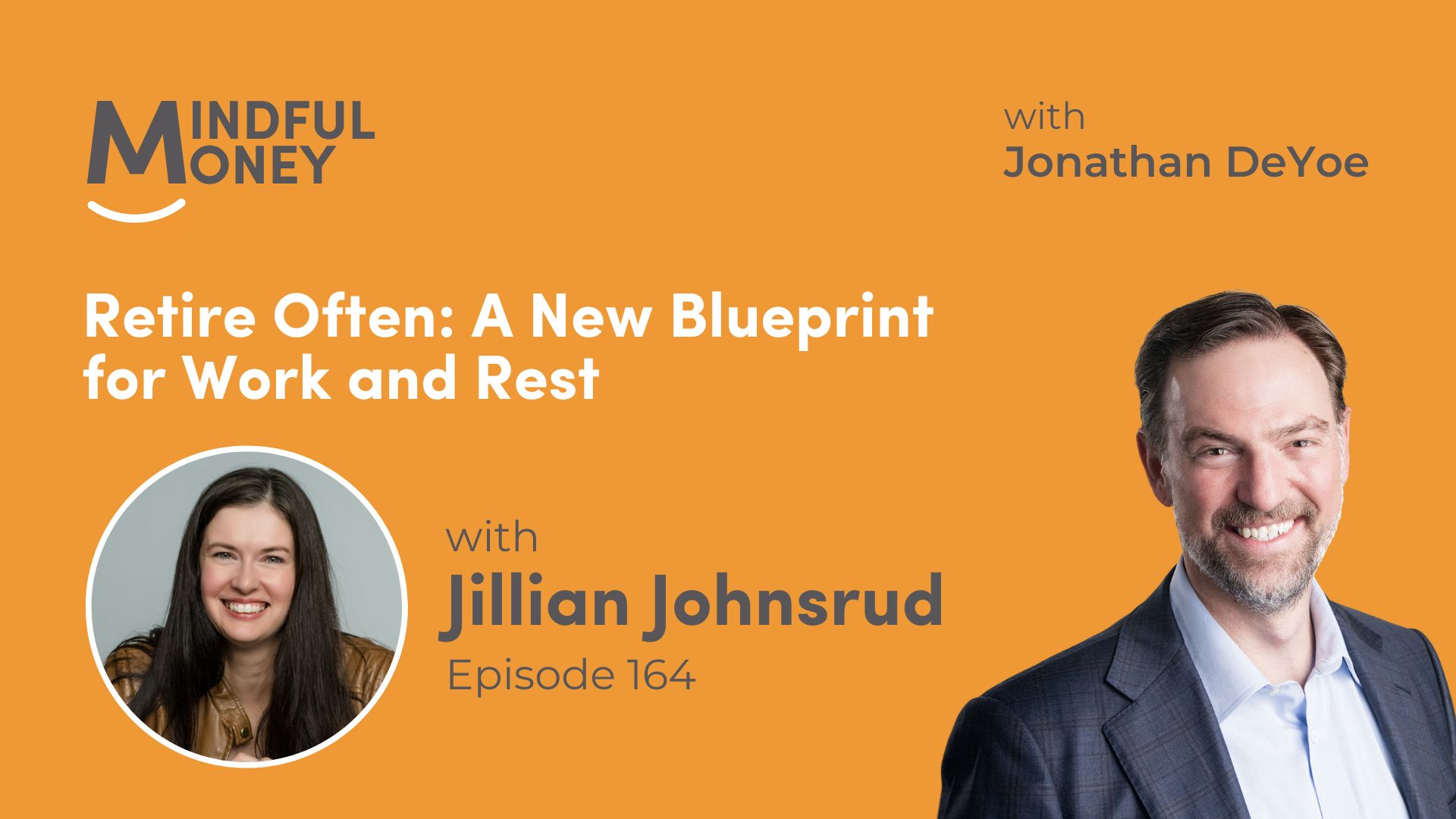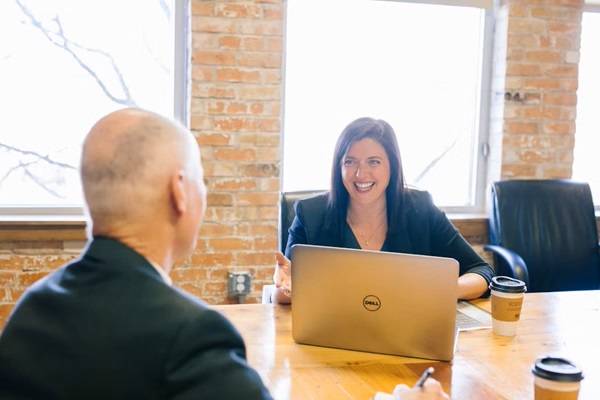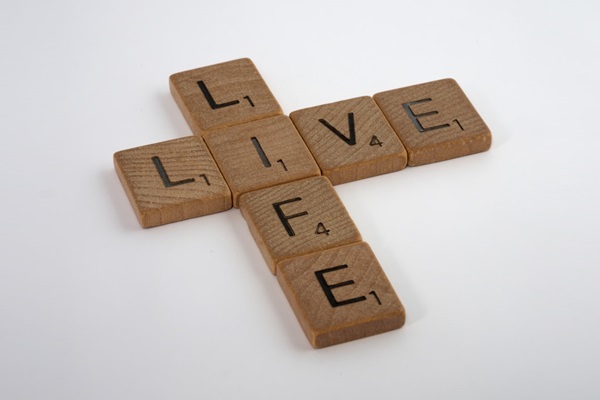Thank you Terrie for a fantastic interview! We talked a lot about the value of diversification, managing financial uncertainty in light of current events through meditation and self-care, and having a solid financial plan as our foundation. Always a pleasure sitting down with you.
SKIP TO:
Is the BIG goal more money or is it freedom?
[06:38]
My goal isn’t financial, its freedom. One thing I noticed about real estate and most people that work with real estate for many years, is when they’re 70, they’re like, “I’m tired of this. I need to find a way to not have to be active in the game.” So for me that’s why you have diversification. You can actually create enormous wealth with real estate, no question about it. You can create financial freedom, but it’s way more about the “finance” than the freedom.
Volatility is not the same as risk
[09:10]
Volatility is natural, it’s normal. It occurs in every market, is something we can’t predict, we don’t know when it goes down, we don’t know how far it’s going to go down, and we don’t know how long it’s going to stay down. Volatility is real, it’s something we can expect. If you’re not anticipating it, then you’re not actually doing the purchase process the right way.
It’s [about] the human response. “Risk” is volatility plus panic.
Covid drove the stock market down much more quickly… than we’ve ever seen. It was crazy, but it’s mostly recovered. Most portfolios are down [about] 10% now, so that’s normal volatility. That’s not something to be terrified of. You have to work on the human ability to hang on. On that really good habit. One of the biggest supports you have… is a financial plan.
Investing vs. Speculating
[13:35]
One of the biggest risks as investors is [when] you start to speculate without knowing it… Investing is generally not just buying an asset for upside appreciation, you’re buying that asset or real estate specifically because someone else is going to pay it off for you, and you can have tax advantages between now and when it’s paid off. It’s a SLOW wealth development process. In the stock market, where I’m way more familiar, being broadly diversified is investing. “[Stock]picking,” as in “Is it Apple or Samsung that’s going to win the smartphone war?” is speculating. I’m going to buy them both — that’s investing. Investing is relying upon the intrinsic value of the asset to produce the long-term return.
Ownership
[18:13]
Financial freedom comes from ownership, whether that’s businesses, or shares of great companies, or real estate. You have to be an owner. If you’re not an owner, then you’re not getting ahead.
Commercial Real Estate?
[20:15]
The nice part about real estate is it’s tangible, it’s solid. Short of a fire or things that are often insurable, the rents will continue. I think commercial is a question right now, and I’m predicting that commercial is going have a hard go. I think [in] very expensive areas [like] San Francisco, you’ll have a lot of people that will leave their commercial leases. As Twitter is saying, you can work remotely, so people that are right now… paying the highest rents in the country are going to move to Idaho, or you know maybe Canada.
Stop Predicting, Commit to Long-Term, and Be Patient
[24:21]
The most important thing we can do is, stop trying to predict. That goes along with stop speculating. I don’t know many investors who have destroyed themselves. I know a TON of speculators who have destroyed themselves. So stop predicting. When you’re buying a piece of real estate, when you’re thinking about building a portfolio, you really want to understand that you can commit to this for a long time. Discipline, habit, and patience are the most important things you can do. So that means you have to have a plan.
Daily Practice: Recognizing Your Brain is an Idiot
[27:47]
Our brains are constantly looking for things to bitch about. They’re constantly just gathering stuff that we can complain about, that can support our narrative. The only way out of that is to… practice recognizing [that] your brain’s being an idiot, and you have to let that stuff go. That’s meditation.
There’s a ton of academic research on this. 10 minutes staring at a wall, listening to your thoughts every single day makes a huge difference in what you’re thinking. Start meditating every day and I think that kind of falls into place.
Little Daily Decisions CHANGE us after 10 years
[31:58]
I continue to [teach], “When it’s scary,” to “stay invested.” It’s a discipline. Health is a discipline. The idea of developing discipline crosses categories, this is an easy one to start with. I think it’s a great way to begin the process of getting control of your financial life. For me literally that all started with a change in my mentality around my health and developing the discipline muscle to follow through on whatever the plan is. Whatever it is that you do, like those little tiny decisions that you make day after day, that you almost don’t feel add up, over time… then you wake up ten years later, and your life has changed completely.
One decision isn’t enough… you’ve got to commit
[35:19]
There’s all this stuff that’s happening all around us all the time, and we can’t control it, and that’s the part that’s the most frustrating. But I can do something about these small decisions, and I know that these small decisions will make an enormous difference in anyone’s life that decides to make them. But you’ve got to decide, and if you make the decision, you have to commit. Once you’ve committed, you just follow through. And if you decide, commit, and follow through, you can be financially independent. You can be fit and healthy, you can be a great partner, you can be a great parent. All those things that we really, really want in our lives, we can have if we decide, we commit, and then we follow through.
Businesses Fail & Businesses Start
[43:13]
If you have a business and you declare bankruptcy, the next day… your credit rating is awful, but you have sort of clean bill of health for getting a loan at a high rate. So you can actually start something the next day. It’s not pretty, you’re not going to get 3% interest. You might get 8% interest. But if you can, with elbow grease and hard work, turn that 8% interest into something that pays you a good return, you can get money to start a business. The interesting thing about restaurants, specifically, which I think are going to be hurt the most (restaurants, retail mom-and-pop shops) – We’re going to see 50% of restaurants go under. But when the restaurant goes under, you have to remember that the oven is still there. The tables, the tablecloths, silverware, the plates, the computers, the orderings systems – it’s all still there. So that restaurant owner declares bankruptcy, and another restaurant owner pops in and buys that stuff at just a fraction of the value, and can kick off something and create another restaurant. That happens all the time.





